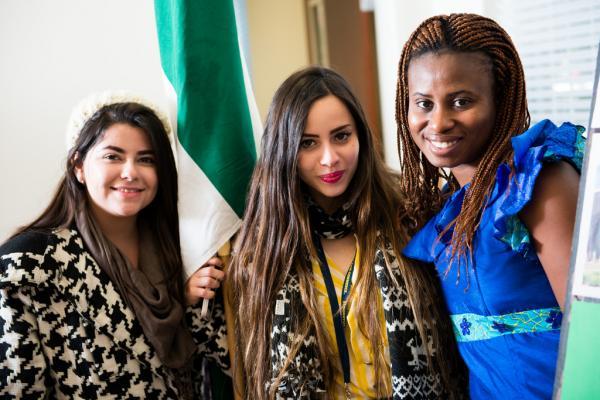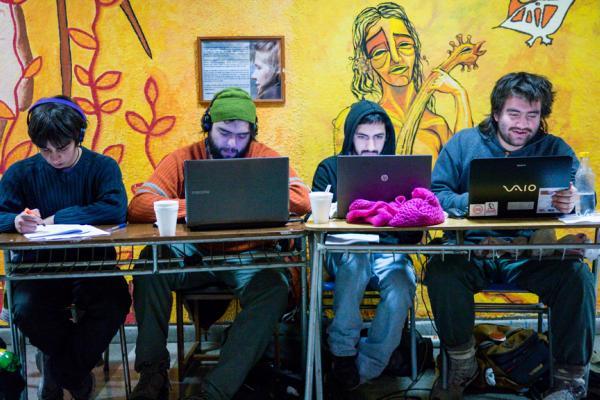
A post on one of my favorite blogs brought to my attention the fact that 2008 has been declared "The International Year of Languages" by the United Nations. Cool.
Part of the UN's goal for declaring an international year of language involves "eliminating the disparity between the use of English and the use of the five other official languages." The other 5 official languages of the UN are Arabic, Chinese, French, Russian and Spanish.
Not surprisingly the resolution was introduced by France's representative, who maintained that it "would ensure a 'global' approach to multilingualism and would promote a reasonable vision of multilingualism at the United Nations." Support for the resolution came from representatives of Tunisia, Andorra, Russian Federation, Romania and Senegal, who "stressed that multilingualism in the United Nations served to enrich the work of the Organization."
I am looking forward to finding out what the UN will actually do in 2008 to achieve their goals. I am of course biased, but I'd recommend putting together some high-quality, multimedia language-learning resources and distributing them online for free under one Public Domain license or another. That would be something tangible that would serve for years to come. I'd build cultural awareness into the curriculum by basing lessons around cultural aspects of the countries where the languages are spoken. I'd also include factoids, geographical info, culinary goodies, musical and historical bits and other such enriching information.
Following is the beginning of the notes from the 96th Meeting of the 61st General Assembly:
From Website
The General Assembly this afternoon, recognizing that genuine multilingualism promotes unity in diversity and international understanding, proclaimed 2008 the International Year of Languages.
Acting without a vote, the Assembly, also recognizing that the United Nations pursues multilingualism as a means of promoting, protecting and preserving diversity of languages and cultures globally, emphasized the paramount importance of the equality of the Organization’s six official languages (Arabic, Chinese, English, French, Russian and Spanish).
In that regard, the Assembly requested the Secretary-General to ensure that all language services were given equal treatment and were provided with equally favourable working conditions and resources. The Secretary-General was also requested to complete the task of publishing all important older United Nations documents on the Organization’s website in all six official languages, on a priority basis.
Further, the Assembly emphasized the importance of making appropriate use of all the official languages in all the activities of the Department of Public Information, with the aim of eliminating the disparity between the use of English and the use of the five other official languages.
Read on at un.org...






